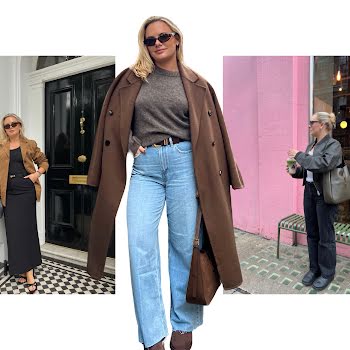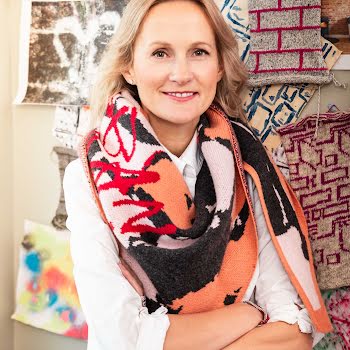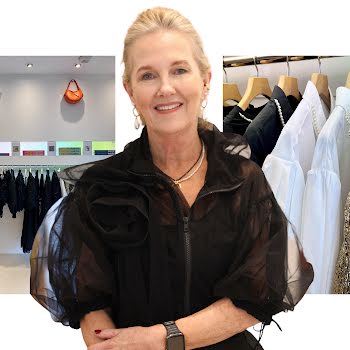
By Jennifer McShane
09th May 2017
09th May 2017
We’ve been hearing talk of changing the shape (quite literally) of the fashion industry for some time now, and France has finally put some of those words into?action. As part of a new law?targeting ?unrealistic body images? and eating disorders, models will be required to provide a doctor’s certificate attesting to their overall health and proving their body mass index (BMI) sits within a healthy range in order to work.
The bill stipulates that models must obtain a medical certificate stating that their health, ?assessed in particular in terms of body mass index, is compatible with the practice of the [modelling] profession.? Breaches of the law will be punishable by up to six months imprisonment and a fine of €75,000.
The lawmakers also voted to denounce the photoshopping of model images in magazines; if any are altered to ‘make the silhouette narrower or wider,? these are to be labelled as such to inform readers. While this marks another positive example for which the worldwide industry can follow,?it remains to be seen whether the ruling will truly make a difference.
There’s been endless talk about the “health” of models in the industry. It’s a complex issue; we know the industry is largely?obsessed with young, thin, white girls and that their perception of “ideal” female beauty is narrow and unattainable, just as we know additional attempts are being made to at least try to bring about change. The runways are diversifying to some extent but as Fashion Director Marie Kelly pointed out, “Model types have remained largely static.?Faces are?becoming more eclectic-looking, but different?body types are still not represented on the runways, and neither is there?enough ethnicity.” ?It goes without saying that if readers were confronted with fashion shoots and runway models celebrating a variety of body shapes, instead of unachievably thin ones, this would help the process.
Must-Read: What Should Models Look Like In 2017? ?
But, as we know, any woman – regardless of shape – can be?placed under scrutiny. What if a particular model just happens to be naturally slim or if she finds it almost impossible to gain weight, yet is healthy? The critic’s argument is that, yes, some models are unhealthily thin and it’s?those that the new laws seek to protect, yet it doesn’t mean thin, healthy girls should be vilified either. ?The fashion industry is in a constant state of flux when it comes to maintaining their standards of the ?ideal? body type for women. Models are criticised for being too thin, yet on another occasion, model Gigi Hadid was vilified for her ?curvier? shape.
Will the new bills fix all the problems created by these deceptive images that saturate our mass media?? Bryn Austin, director of the Strategic Training Initiative for the Prevention of Eating Disorders at Harvard’s School of Public Health asked the New York Times. ??No, probably not. But it will be one step closer to stemming the well-documented psychological harm these images cause, especially to young and vulnerable consumers,” and hopefully, protect the vulnerable models alongside this.























